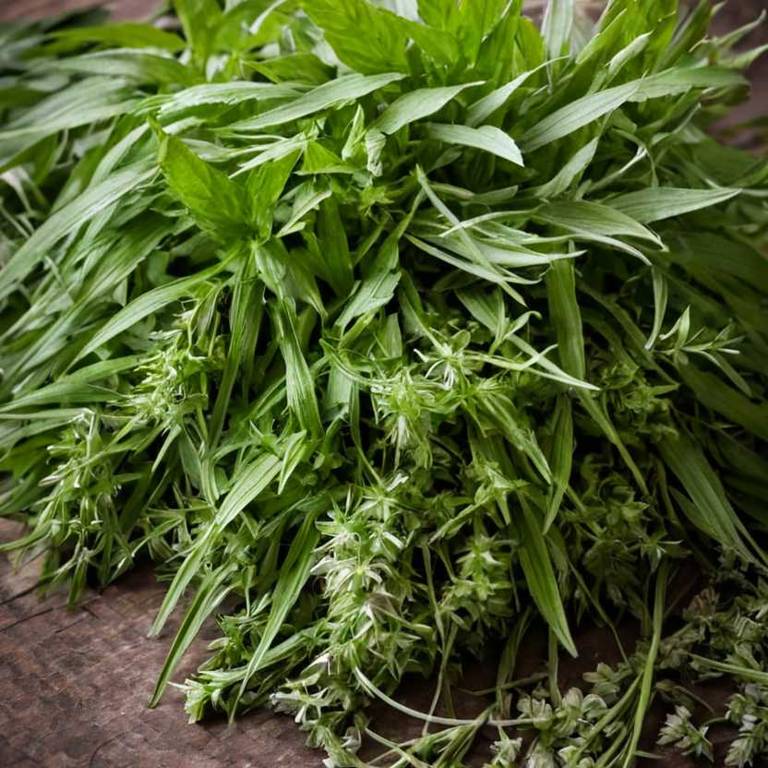Veratrum Album: What To Know Before Using It For Medicinal Purposes

Veratrum album, also known as Indian cowbane, is a poisonous plant that has been historically used in traditional medicine for its potent alkaloidal content.
It contains compounds such as veratridine and cevadine, which can affect the nervous system and cardiovascular functions, making it highly toxic even in small doses. Despite its dangers, it has been used in some traditional practices to treat conditions like heart failure and hypertension due to its ability to influence cardiac activity. However, its use is strongly discouraged in modern medicine due to severe side effects, including nausea, vomiting, and potentially fatal cardiac arrhythmias.
Today, it is primarily studied for its pharmacological properties rather than being used as a therapeutic agent.
Health Benefits
Veratrum album has several health benefits, such as its potential to support cardiovascular health by regulating blood pressure and improving heart function.
It contains alkaloids that may help in treating arrhythmias and other cardiac conditions. However, it is important to note that Veratrum album is toxic and should only be used under strict medical supervision. Due to its potent nature, it is not recommended for general use or as a dietary supplement.
Its therapeutic applications are largely limited to specific medical scenarios where its effects can be carefully managed.
10 Best Health Beneift of Veratrum album
Bioactive Constituents
Veratrum album has several bioactive constituents, such as steroidal alkaloids, which include veratrine, cevadine, and jervine, known for their potent cardiovascular effects.
These alkaloids act as cardiac glycosides, which can increase the force of heart contractions and slow heart rate, making them historically used in the treatment of heart failure. Additionally, the plant contains isoquinoline alkaloids that contribute to its pharmacological profile, influencing nerve transmission and smooth muscle contraction. The presence of these compounds also gives Veratrum album its toxic properties, necessitating careful handling and precise dosing in medicinal applications.
Due to its complex chemical composition, it has been explored for potential therapeutic uses in various medical conditions, although its use is limited due to significant side effects and toxicity.
Medicinal Preparations
Veratrum album has several medicinal preparations, such as teas, tinctures, and extracts, traditionally used for their potent cardiovascular and stimulant effects.
Historically, it was prepared as a tincture by soaking the dried roots in alcohol to extract its alkaloids, which were then used in small doses to treat conditions like heart failure and arrhythmias. In some traditional herbal practices, a weak tea was made from the plant’s roots, though this method is less common due to its high toxicity. Modern formulations often use standardized extracts to ensure consistency and reduce the risk of adverse effects.
However, due to its strong toxicity, these preparations are typically reserved for specific medical applications under strict professional supervision.
Side Effects
Veratrum album can have some side effects, such as gastrointestinal disturbances including nausea, vomiting, and diarrhea.
It may also cause cardiac effects like irregular heartbeats or arrhythmias due to its potent alkaloid content. Prolonged use or high doses can lead to neurological symptoms such as dizziness, confusion, and even seizures. In severe cases, it can result in respiratory depression or failure, which can be life-threatening.
Therefore, it is crucial to use Veratrum album under strict medical supervision to minimize these risks.